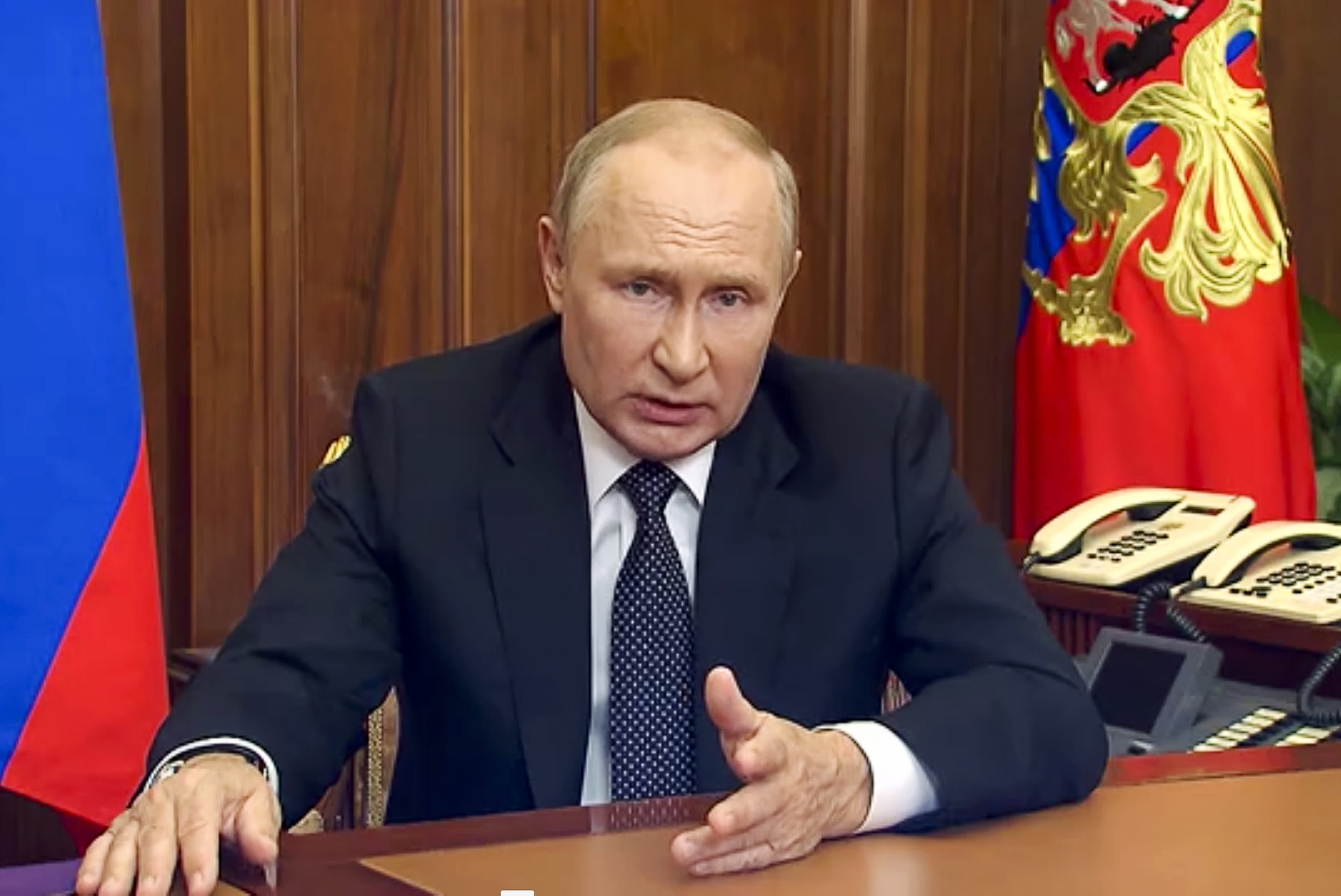
Daily International News Headlines
Putin gives the order to partially mobilize reserve forces in the Russia-Ukraine war.
The first reserve force mobilization since World War II has been ordered by Russian President Vladimir Putin. The action is being taken while Western nations have expanded their military assistance to Kyiv and Russia’s invasion of Ukraine has halted.
A three-day ceasefire between Israel and Gaza is maintained
A three-day ceasefire between Israel and Gaza is maintained. After three days of fighting that left at least 49 people dead in Gaza and two people dead in Israel, there is now a lasting ceasefire between Israel and Hamas. Egypt and the UN served as mediators for the ceasefire.
The cabinet is reorganized by UK Prime Minister Rishi Sunak
A new home secretary and foreign secretary have been appointed by Sunak, among other changes to his government. The change in leadership coincides with increasing demands for Sunak’s resignation due to the UK’s rising cost of living.
If central banks don’t take decisive action, the IMF warns of a global recession
If central banks don’t take decisive action, the IMF warns of a global recession. The International Monetary Fund (IMF) has issued a warning, stating that if central banks do not take strong action to battle inflation, the world economy could enter a recession. Central banks have been pushed by the IMF to hike interest rates, even if doing so means reducing economic expansion.
Launching on its journey to the Moon is NASA’s Artemis I mission.
Launching on its journey to the Moon is NASA’s Artemis I mission. On its journey to the Moon, NASA’s Artemis I mission has taken off. NASA intends to send people back to the Moon and then to Mars, and this mission is the first step towards that goal.
China’s economy has a dramatic third-quarter slowdown.
In an attempt to boost opinion in the second-biggest economy in the world, Chinese President Xi Jinping made a number of uncommon policy announcements, including a warning that a severe slowdown in growth and persistent deflationary risks won’t be allowed.
On Tuesday, government officials announced an international debt package that deviated from its conventional growth model and increased its headline deficits to its highest point in thirty years. Additionally, Xi made a remarkable visit to the central bank, which strongly implied that he was focused on the economy
UAE: shortly, details about residents’ travel documents and visas won’t require Emirates ID scanners.
Residents will soon be able to access their passport and visa information without scanning their Emirates IDs thanks to an innovative system that the Federal Authority for Identity, Citizenship, Customs and Port Security (ICA) announced it will soon be implementing. Early in 2024 is when the new system is anticipated to be introduced.
Indian scientists make progress in cloud seeding: Solapur, Maharashtra, receives 18% more rainfall
Maharashtra has seen an increase in rainfall thanks to a new cloud seeding technique developed by Indian scientists. Using a method called “hygroscopic seeding,” silver iodide particles are sprayed onto clouds. Particles of silver iodide serve as nuclei around which water droplets can congregate to form rain clouds.
Congress challenges the government’s economic management by citing RBI data.
The Reserve Bank of India (RBI) data has been used by the Congress party to cast doubt on how the government is managing the economy. The RBI lowered its prediction of GDP growth for the current fiscal year from 7.2% to 6.7%, as the Congress has noted. The RBI’s data, according to the Congress, indicates that both inflation and unemployment are rising and have reached a multi-year high.
India imports a significant amount of oil and coal in July.
India’s imports of crude oil and coal increased significantly in July compared to the same month the previous year. The Ministry of Commerce and Industry reported that India imported 26.5 million tonnes of coal in July, up from 19.4 million tonnes the previous year, and 17.5 million tonnes of crude oil in July, up from 14.3 million tonnes the previous year. The country’s growing energy demand is the reason for the sharp increase in imports of coal and oil.
Read : Daily News Headlines
